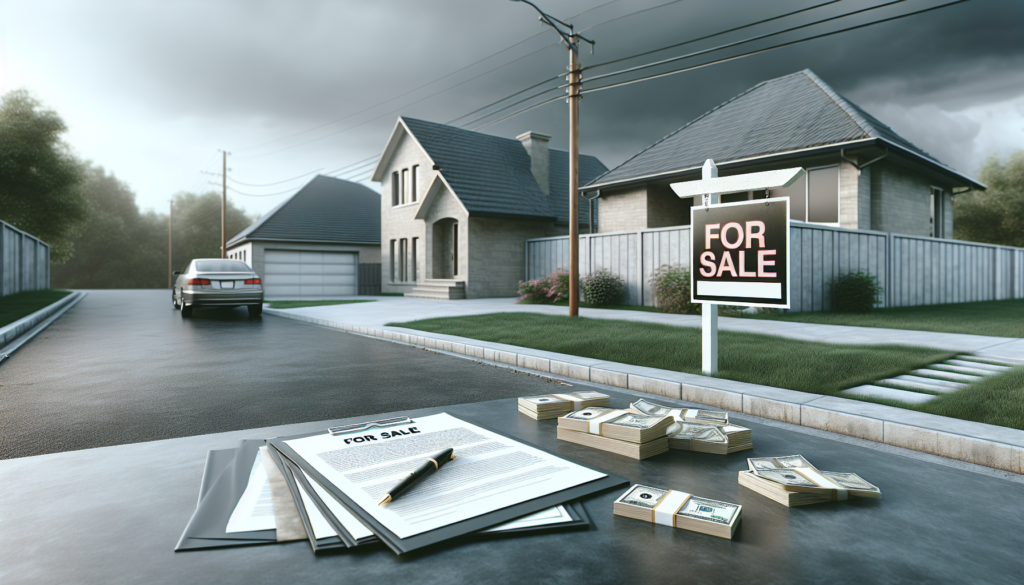
In a Chapter 7 bankruptcy, whether your home is at risk of being taken by the bankruptcy trustee depends on several factors, including the equity you have in the home, the exemptions you can apply, and your state’s specific laws. Here’s a breakdown of how these factors come into play:
1. Equity in Your Home:
Equity is the difference between your home’s market value and the outstanding balance on your mortgage. If you have significant equity, the trustee might consider selling the home to use the proceeds to pay off your unsecured creditors. However, if your equity is minimal or negative (owing more than the home’s value), it’s less likely the trustee will sell the home, as there would be little to no benefit for your creditors.
2. Homestead Exemption:
Most states provide a homestead exemption that allows you to exempt a certain amount of equity in your primary residence. If the equity in your home is less than or equal to the exemption amount, you can protect your home from being sold in the bankruptcy. The exemption amount varies significantly from state to state, and some states allow you to choose between state and federal exemption schemes.
3. Non-Exempt Equity:
If the equity in your home exceeds the exemption limit, the non-exempt portion could be at risk. The trustee could potentially sell the home, pay you the amount of your exemption, use funds to cover the costs of the sale and any outstanding mortgage, and then distribute the remaining funds to your creditors.
4. Mortgage and Payment Status:
If you’re current on your mortgage payments and can continue to make them, you’re in a better position to keep your home. However, if you’re behind on payments, the lender can still foreclose on the home, even if you’re in bankruptcy, unless you find a way to become current.
5. Chapter 7 vs. Chapter 13:
If keeping your home is a priority and there’s a risk of losing it in Chapter 7, you might consider Chapter 13 bankruptcy instead. Chapter 13 allows you to keep your assets and reorganize your debts, potentially making it easier to catch up on overdue mortgage payments over time.
While there’s a possibility that a home could be at risk in a Chapter 7 bankruptcy, various protections and factors could allow you to retain it. It’s crucial to accurately assess the equity in your home, understand the exemptions available to you, and consider your ability to maintain mortgage payments. Consulting with a bankruptcy attorney can provide you with a clear understanding of how your home might be affected based on your specific circumstances and the laws in your state.


Get a Free Bankruptcy Case Evaluation